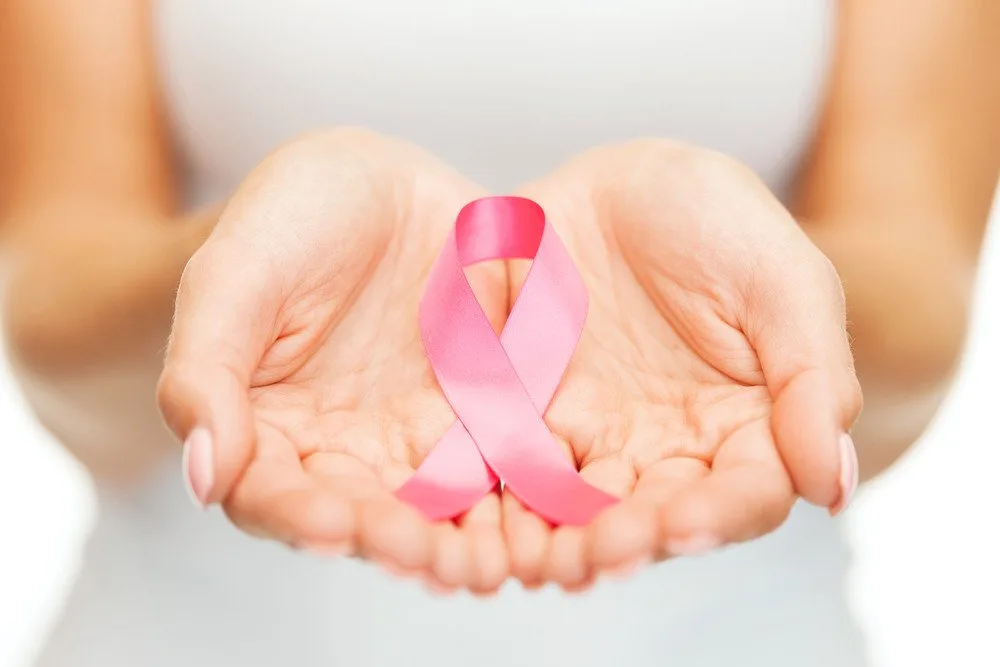Approximately 1 in 5 people will develop cancer in their lifetime. Research has indicated aging as one of the major risks for this alarming statistic.
Early-onset cancer refers to cancer diagnosed in people under the age of 50. According to data, the early-onset incidence of 29 cancers, including breast, tracheal, bronchus and lung, stomach, and colorectal cancers, has increased 79.1% globally from 1990 to 2019. Additionally, the number of people dying from early-onset cancers has gone up by 27.7%.
Having recognized that there’s more to aging than the chronological aspect, researchers have suggested that the rise in cancer rates among younger people may be linked to accelerated biological aging.
Young People, Biological Aging and Cancer
With the increased rate of early-onset cancers, researchers are looking to understand better the contributing factors for these rates, one of which may be biological aging. While chronological aging refers to the number of birthdays one has celebrated, biological aging focuses more on the state of your cells. The older you are, the higher your chronological age, yet with biological aging, environmental factors like stress, diet, and pollution are what add years to it.
“We all know cancer is an aging disease. However, it is really coming to a younger population. So, whether we can use the well-developed concept of biological aging to apply that to the younger generation is a really untouched area,” said Yin Cao, MPH, an associate professor of surgery at the Washington University School of Medicine in St. Louis and senior author of the study, to CNN.
For the study, Cao and her team analyzed the medical records of 148,724 people, aged 37 to 54, courtesy of the UK Biobank – a database containing information on half a million residents in the United Kingdom. The team then focused on nine markers that have been associated with biological age, which included;
- Albumin
- Creatinine
- Glucose
- C-reactive protein
- Lymphocyte percent
- Mean cell volume
- Red cell distribution width
- Alkaline phosphatase
- White blood cell counts
The data collected from the nine markers was then used by an algorithm (PhenoAge)to calculate each person’s biological age, with the researchers noting accelerated aging by comparing people’s biological ages with their chronological ages.
Besides calculating biological age, the researchers also checked for early-onset cancer diagnoses (before the age of 55) and found nearly 3,200 early-onset cancer diagnoses.
Is Biological Aging Causing Cancer In Young People?
“If validated, our findings suggest that interventions to slow biological aging could be a new avenue for cancer prevention, and screening efforts tailored to younger individuals with signs of accelerated aging could help detect cancers early.” – Ruiyi Tian, MPH, press release
Per the study’s findings, presented at an American Association for Cancer Research conference, individuals born in 1965 or later were 17% more likely to have accelerated biological aging compared to those born between 1950 and 1954, and this aging was linked to higher cancer risk.
Accelerated biological aging was associated with a 42% increased risk for early-onset lung cancers, a 36% increased risk for early-onset uterine cancer, and a 22% increased risk for early-onset gastrointestinal cancer.
Aging and Cancer
In examining the findings, Tian believes that the increased risk for lung cancer associated with biological aging may be due to the lungs becoming more vulnerable to aging than other types of tissues. In regard to uterine and gastrointestinal cancer, Tian believes that this is linked to inflammation, which increases with aging.
Now, while aging has been acknowledged as a risk factor for cancer, the latest findings do have limitations, especially because it has yet to be published in a peer-reviewed article. For one, all study participants were from the U.K., which raises the question of how the results can be interpreted,
“Therefore, our findings may not be directly generalized to populations in other countries or to racial and ethnic minority groups not represented in the cohort,”noted Tian.
Reverse Your Biological Age
“It is vital for recent generations to become more health-conscious and consider the implications of accelerated aging.” – Ruiyi Tian, MPH
According to a study published last year, participants who followed 8 habits associated with improved cardiovascular health were found to have a biological age that was, on average, six years younger than their chronological age.
These habits are known as the American Heart Association’s Life’s Essential 8, and include;
- Getting quality sleep
- Abstaining from tobacco use
- Engaging in regular physical activity
- Maintaining healthy blood sugar levels
- Eating a healthy diet
- Maintaining a healthy BMI/weight
- Maintaining healthy cholesterol levels
- Keeping blood pressure in the normal range
Want to know more?
Early-onset cancer is not the only thing you have to worry about when it comes to biological aging. Studies show that reducing your biological age may lower your risk for dementia and stroke.
References
Zhao J, Xu L, Sun J, et al. (2023). Global trends in incidence, death, burden and risk factors of early-onset cancer from 1990 to 2019BMJ Oncology 2023;2:e000049. doi: 10.1136/bmjonc-2023-000049
Accelerated aging may increase the risk of early-onset cancers in younger generations. American Association for Cancer Research. News release. April 7, 2024. Accessed May 2, 2024. https://www.aacr.org/about-the-aacr/newsroom/news-releases/accelerated-aging-may-increase-the-risk-of-early-onset-cancers-in-younger-generations/
Global cancer burden growing amidst mounting need for services. WHO. February 1, 2024. Accessed May 2, 2024. https://www.who.int/news/item/01-02-2024-global-cancer-burden-growing–amidst-mounting-need-for-services
Presentation: Title of the Presentation, Abstracts Online. 2023. Accessed May 2, 2024. https://www.abstractsonline.com/pp8/?_ga=2.252499981.569559676.1693429947-1069604919.1693247687#!/10871/presentation/9306



![women [longevity live]](https://longevitylive.com/wp-content/uploads/2020/01/photo-of-women-walking-down-the-street-1116984-100x100.jpg)










